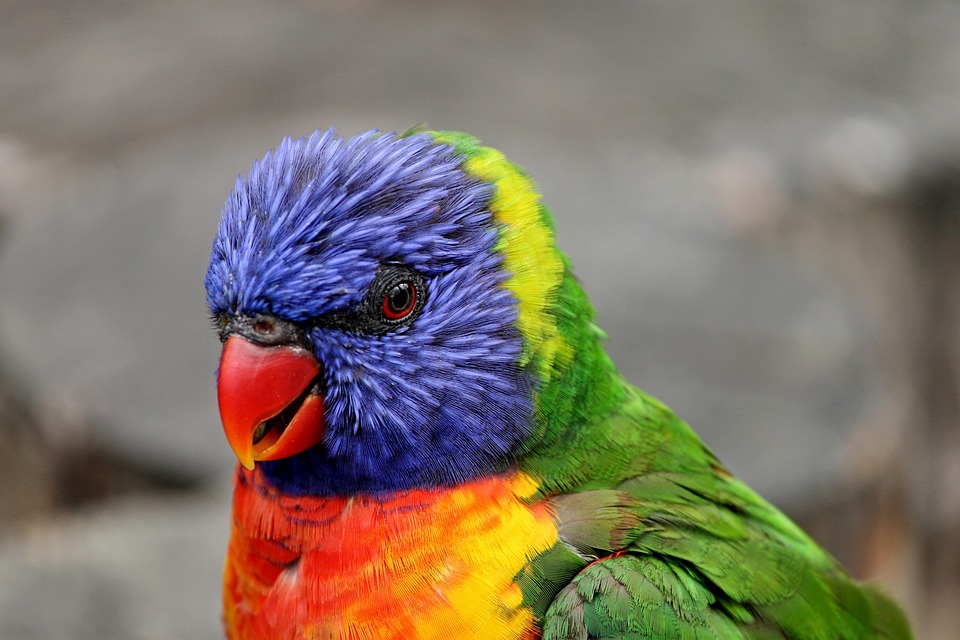Parrots are amazing and intelligent creatures that can make wonderful companions. However, sometimes they exhibit biting behavior, which can be frustrating and even painful for their owners. Understanding the causes behind parrot biting behavior is crucial in order to address and correct it effectively. In this article, we will explore the various reasons why parrots bite and provide practical solutions to help you manage and prevent this behavior.
One of the main causes of parrot biting behavior is fear and aggression. Parrots may bite as a defense mechanism when they feel threatened or scared. This can occur when they are introduced to new environments, objects, or people. Additionally, some parrots demonstrate territorial aggression, especially during mating seasons or when they feel their space is being invaded.
Hormonal changes can also contribute to parrot biting behavior. As parrots reach sexual maturity, their hormone levels fluctuate, which can lead to increased territorial behavior and biting. Certain parrot species are more prone to biting behaviors during their breeding season.
Lack of socialization and training can also result in parrot biting behavior. Parrots that have not been properly socialized may resort to biting as a way to communicate or establish dominance. Inadequate training can also lead to behavioral issues, including biting.
Health problems can be another cause of parrot biting behavior. Parrots may bite if they are experiencing pain or discomfort, such as an injury or an underlying health issue. Additionally, certain health conditions can disrupt hormonal balance in parrots, leading to biting behavior.
To address parrot biting behavior, it is important to understand their body language. Observing body language cues can help you anticipate and prevent biting incidents. Signs of aggression or fear include raised feathers, dilated pupils, hissing, and lunging. Avoid provoking situations that may trigger biting, such as sudden movements or invading their personal space.
Positive reinforcement training is also a helpful solution for parrot biting behavior. Use positive reinforcement techniques, such as rewarding good behavior with treats or praise, to encourage desired behaviors and discourage biting. Consistency and patience are key when training parrots.
Providing a stimulating and enriching environment can also help prevent biting behavior. Offer plenty of toys, perches, and activities to keep your parrot mentally and physically stimulated. Boredom can lead to frustration and biting behavior, so offer a variety of toys and rotate them regularly.
Regular visits to an avian veterinarian are important to ensure your parrot’s health and well-being. Schedule regular check-ups and address any underlying health issues that may be contributing to biting behavior.
In conclusion, understanding the causes behind parrot biting behavior is crucial for addressing and managing this issue effectively. By implementing the solutions mentioned above and seeking professional guidance, you can help your parrot overcome biting tendencies and foster a harmonious and enjoyable relationship. Remember, patience, consistency, and love are key to building a strong bond with your feathered friend.









